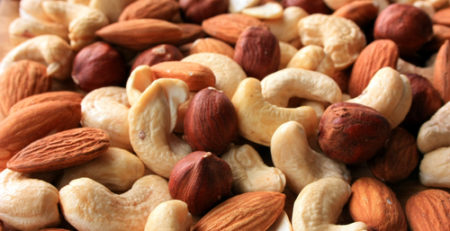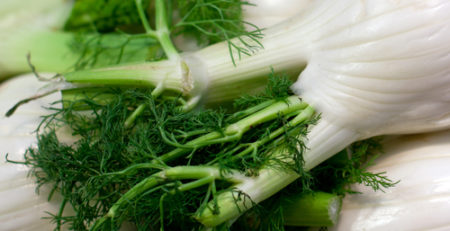Importance of Eating Organic Kale

Most of us have learned in health education that vegetables are the essential food substance for a one to be healthy and free from frequent diseases. Many are the times when the health experts advise us to include vegetables in every meal but because of ignorance, we continue with the normal unbalanced diet. Most of those who have adhered to the advice have greatly benefited. Organic kales being one of the vegetables, it lays above all the rest and is very essential for the body. The following are benefits gained from eating organic kale;
- Kale contain a lot of vitamin K
Vitamin K is very important since it guards the body against cancer infection. It also assists in building strong bones and is one of the substances required in the blood clotting process. Lack of Vitamin K means loss of excess blood during external injury, which can result to death since the process cannot be complete minus it. Kales are preferred to be cooked before taking than having it raw.
- It is also rich in Vitamin C
Vitamin C keeps the body immune system strong which guards the body against various infections. Sulforaphane found in the kales also contribute in nourishing the immunity. It also controls the rates of metabolism in the body and hydration. Besides the internal functions, it also removes spots on the skin hence even skin color complexion.
- It contains more calcium than milk
Calcium majorly deals with bones and teeth. It prevents loss of bones and makes the teeth stronger and just like Vitamin C it regulates metabolism rate hence protecting the body against osteoporosis.
- Kale are used in the body for detoxification
Kale contain fiber and sulfur that are used during the detoxification process. This keeps the liver in a good condition hence proper functioning. If the liver fails there will be no metabolism in the body which can be very dangerous.
- It contains iron
Kales have been confirmed to contain surprisingly more iron than beef. Iron participates in the formation of hemoglobin which transports oxygen to the entire body. Without oxygen in the body no functional activity can be done in the body successfully hence, may result to the body immune system weakening. The body will therefore be vulnerable to diseases.
- Kale contains fiber and has no fat
Fiber is used to aid in the digestion of food. Proper digestion is very essential because, it is from the digested food that the body obtains nutrients, vitamins and many other useful substances. Absence of fat makes it suitable for people who want to reduce their body sizes.
- Cardiovascular support
Taking more kales reduces the cholesterol levels which if it become excess can be harmful to your heart. The more kales you take is the lower the probability of getting cardiovascular disease and ischemich heart disease. This is due to presence of potassium which lowers the risk.
- Kales contain Vitamin A
Vitamin A promotes good eyesight using lutein and zeaxanthin which prevent damage of the eyes by ultraviolet light. It also removes the stubborn sunspots from the surface of the skin, which is a more natural way of ensuring the skin is smooth and has no patches.
- Kales have fewer calories
Fewer calories in the kales make it suitable for those people who would want to lose weight and make them physically fit. Excess body weight can lead to diseases such as diabetes, obesity and easy heart attacks
Conclusion
Organic kales are the cheapest nutritious food that has not been discovered by many. This because it contains important substances such as calcium, iron, potassium and vitamins. While people associate kales with poverty and beef with wealth the health facts say the opposite about the two. The fact is that kales contain more iron than beef. People must therefore be able to face the reality and start taking substances that are healthy and forget about class. They should also begin to follow the tradition of including kales in every meal. This will promote a world of healthy people with the doctor’s work reduced to only treating diseases that are not related to nutrition.











